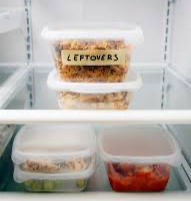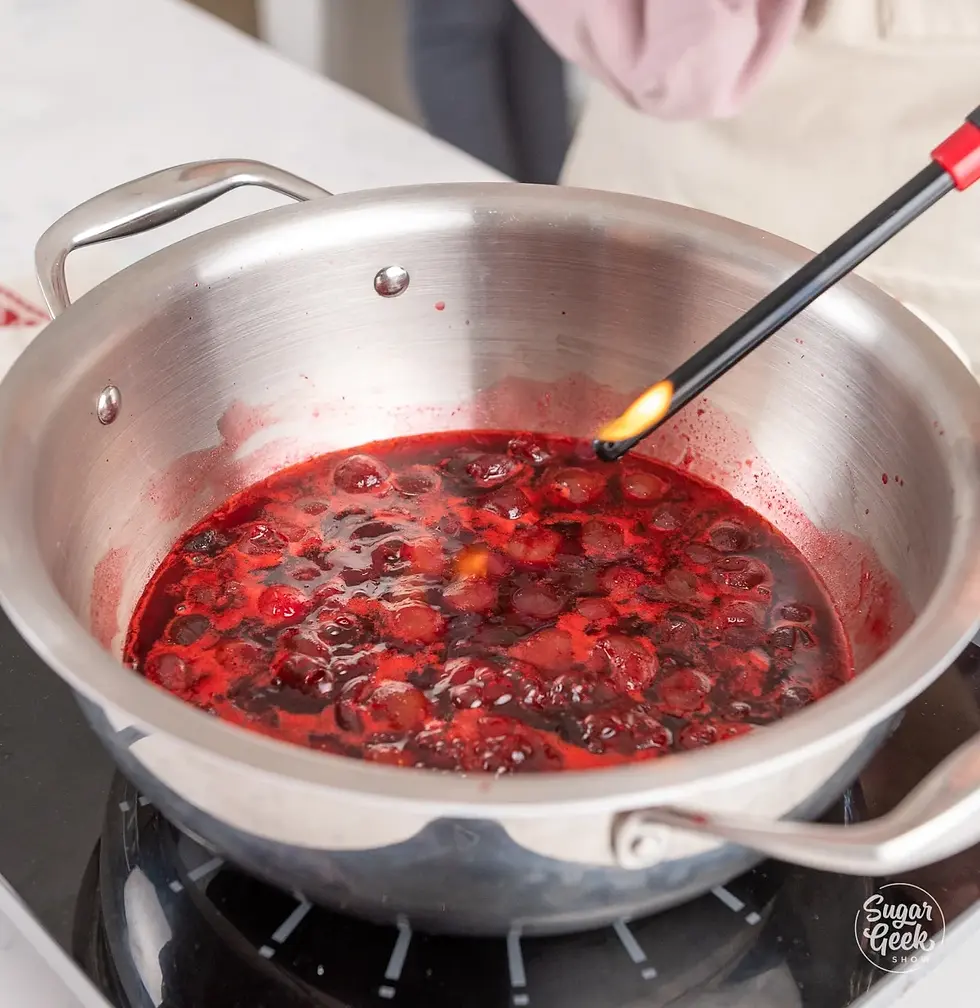For those of us who are not farmers, it can be tempting to gloss over the many verses in this parsha that relate to how we use the land of Israel in the agricultural practices, BUT there can be

so many important messages gleaned (pun inteneded!) from these rules. We find messages about respecting the earth and those that contribute to our food resources (such as letting the land rest) and balancing financial disparity (forgiving of debts.)
This week I have one dish that's actually serving to emphasize two elements of the parsha. The first element is playing off the English translation of the word תִּזְמֹ֣ר. This word comes up in the instruction that for 6 years Israelites might work their land and then in the 7th year, let it rest. To be more specific - "Six years you may sow your field and six years you may prune your vineyard and gather in the yield." In the 7th year, it is a Shabbat year and you may not sow or prune. Of course, in English prune is both a verb and a noun so I was thinking about what to make with prunes.
Then I kept reading and was interested in the instruction about leftovers. I know some people are anti-leftovers, but they are well used and well loved in our home. In our parsha, God tells the people that they shouldn't worry about what they will eat in the Sabbatical year because, in

addition to whatever the land produces on its own, God tells the people "I will ordain My blessing for you in the sixth year, so that it shall yield a crop sufficient for three years." God will make so much they'll have enough to eat for 3 years! That's a lot of leftovers (and my family thought I made big quantities - lol!)
It just so happens that I have some leftovers in the freezer from a special dinner made previously, so for our main meal we will be having Sheet Pan Tzimmes Chicken, which is a leftover and has prunes, thereby covering two elements of the parsha.
We also get instructions about the Yovel year, a time of rest for the land and when lands return to their original owners, debts are forgiven, and indentured servants go free. This Yovel, aka Jubiliee in English, adds a layer of equity to the community. It means that families don't have to stay in debt for generations. It does complicate some ofthe economics, but that's what makes for an interesting discussion. To highlight the Yovel, I recommend some Cherries Jubilee!

Shabbat Shalom & B'Tayavon!

Comentários